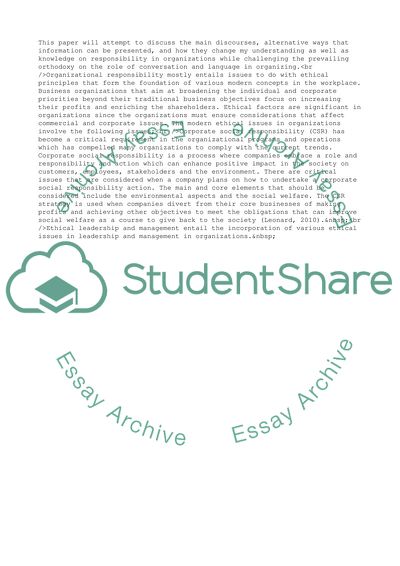Cite this document
(Managing Business Responsibly Coursework Example | Topics and Well Written Essays - 1500 words, n.d.)
Managing Business Responsibly Coursework Example | Topics and Well Written Essays - 1500 words. https://studentshare.org/business/1809702-managing-business-responsibly
Managing Business Responsibly Coursework Example | Topics and Well Written Essays - 1500 words. https://studentshare.org/business/1809702-managing-business-responsibly
(Managing Business Responsibly Coursework Example | Topics and Well Written Essays - 1500 Words)
Managing Business Responsibly Coursework Example | Topics and Well Written Essays - 1500 Words. https://studentshare.org/business/1809702-managing-business-responsibly.
Managing Business Responsibly Coursework Example | Topics and Well Written Essays - 1500 Words. https://studentshare.org/business/1809702-managing-business-responsibly.
“Managing Business Responsibly Coursework Example | Topics and Well Written Essays - 1500 Words”. https://studentshare.org/business/1809702-managing-business-responsibly.


